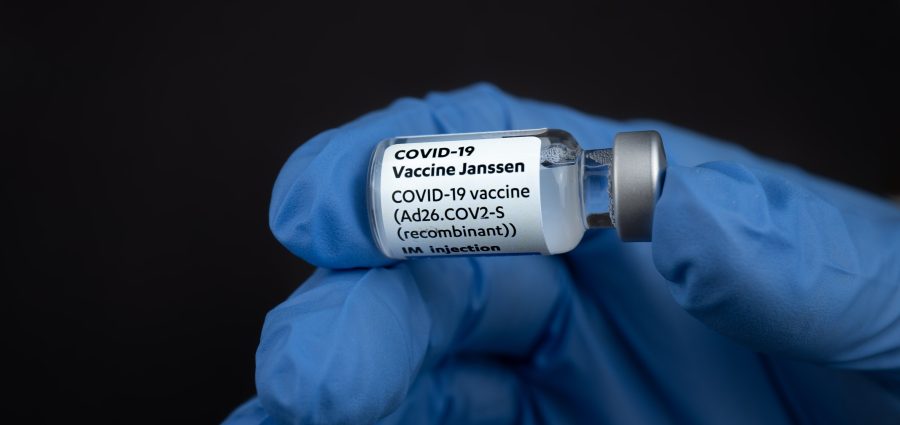The CoViD-19 pandemic is perhaps one of the most challenging events in the world in recent years. It significantly impacted how the healthcare industry works and also affected many people.
The medical industry strived to provide care for the sick and find a cure to end the global crisis despite the overwhelming number of infected individuals. However, it is not surprising that despite the efforts of medical professionals, there were a lot of difficulties that held them back. Here are some drug and medication-related challenges during the CoViD-19 pandemic:
- Drug And Supply Shortage
One challenge during the CoViD-19 pandemic was the number of medical supplies distributed in health facilities and hospitals. The increased demand for various drugs and healthcare products made it difficult for manufacturers and pharmaceuticals to keep up. In some cases, a few essential items like IV bags, medical tools, and over-the-counter drugs were limited and only available in some areas.
A study published in 2020 showed that medication shortages went up to 87%, which is a higher figure than the year before. This indicates that the pandemic overwhelmed the medical industry in terms of drug production and distribution.
Fortunately, some companies supported the healthcare industry by providing essential products like medical supplies. IV bags from different suppliers were distributed in healthcare facilities to aid patients recovering from their illnesses. If you wish to learn more, you can read the full article here.
- Medication Distribution
Perhaps another difficulty the medical industry faced during the height of the coronavirus pandemic was the efficient distribution of medication. As hospitals and other healthcare facilities struggled to keep up with the influx of patients, their supplies also ran out quicker than usual.
Many hospitals were caring for individuals suffering from the effects of CoViD-19 in addition to patients with other concerns during the height of the pandemic. This could have shifted the medication requirements each facility needs to function efficiently. For instance, the demand for non-inflammatory and cough medicine increased as these were common drugs to fight the symptoms of CoViD-19.
This pushed distributors and manufacturers to provide essential items to health facilities within a shorter period. However, various restrictions in the workplace and borders slowed down the distribution of drugs. Work capacity in factories had to be lowered, and goods had to go through more thorough inspections to control the spread of the virus. Overall, these changes made it more difficult to provide adequate drugs to facilities that need them the most.
- Search For A Cure
During the height of CoViD-19, many patients suffered from the disease in varying degrees. Some people experienced more severe complications like difficulty in breathing, loss of taste and smell, and fatigue. In addition, there have been over six million recorded fatalities worldwide since China reported the first cases to the World Health Organization (WHO).
Hence, the medical industry strived to find a cure for the disease. Vaccine creation for a specific illness takes years of research and testing. After all, scientists need to study the effects of the drug and ensure that it is effective and safe. Before the global health crisis, there was no known cure for CoViD-19. But, the efforts of various pharmaceutical companies worldwide sped up the process of vaccine creation, which helped keep the pandemic under control.
The Pfizer-BioNTech and Moderna vaccines are two of the earliest vaccines approved for use in various locations. Afterward, other types of vaccine also started to receive the go-signal and were distributed to the public. The quick response of the medical industry helped mitigate the spread of the virus.
- Misinformation
The coronavirus changed various aspects of many people’s lives globally. Various companies had to switch to remote work to decrease human contact. In addition, people were encouraged to stay at home and isolate themselves whenever they experienced the symptoms of the virus.
Since some aspects of the disease were unclear during the early stages of the pandemic, some people were sent into a panic and had to address their condition without clear guidance from medical professionals. Misinformation was common, and not all individuals knew how to cure their symptoms properly. Some hastily purchased and took medication without knowing whether it will help ease their condition or not.
Fortunately, as the medical industry collected more data, experts provided more insightful information and proper instructions on the dos and don’ts when dealing with the virus.
Final Thoughts
The CoViD-19 pandemic was truly a challenging time for many people, especially the medical industry. For one, medicine supplies were more difficult to get since the demand drastically increased as more people had to go to hospitals and healthcare facilities. Overall, the spread of the virus was controlled thanks to the efforts of various medical experts worldwide.








